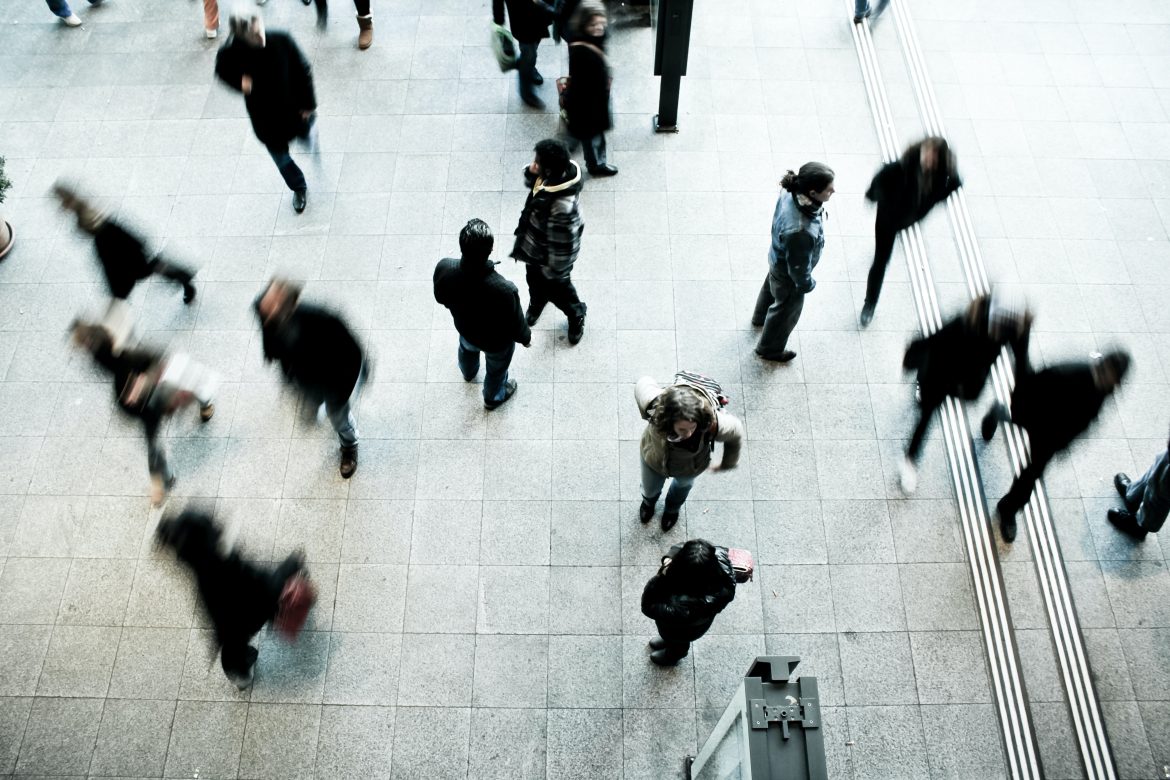Trauma impacts nearly everyone in capitalist societies. This truth was at the heart of what we discovered at the Institute for Labor and Mental Health. It led us to create Tikkun as a vehicle to inform people about ongoing traumas and their impact on all of us. This trauma convinces people that nothing visionary is possible and that everyone just cares for themselves and hence can’t be trusted to support you. In addition, everyone is taught the mythology that we live in a meritocracy. From these fallacies, we derive the absurd notion that our pains, disorders, struggles, insecurities, and failures to achieve our dreams (whether in our bodies, our minds, our intellects, our hearts, our spirits, or our economic status) are our own fault.
This generates self-blaming which intensifies the trauma most children experience growing up with parents and caretakers who themselves carry trauma from their work world or from simply living in a world filled with brutal wars, torture, racism, sexism, homophobia, xenophobia, anti-Semitism, hatred of Muslims, fear and hatred of transsexual people, hatred of people with different religions, skin colors, or nationalities. And if all this was not enough to create trauma, there is also the reasonable fear of nuclear war and the certainty of increasing destruction of the life support system of our planet Earth.
No wonder, then, that traumatized people turn to drugs, alcohol, hoarding of resources, crime, and organizations and political parties that assure them that they are worthy of dignity and respect. This search for affirmation of one’s humanity is often available in right-wing religious and political communities, even though it is at the expense of the humanity of others. Hence we are seeing a political party increasingly taken over by religious fanatics, and by people who advocate eliminating fundamental human rights contained in the U.S. Constitution.
In addition to supporting a vigorous social justice agenda to uphold and expand fundamental human rights, we also need a huge new empathic movement promoting a vision of a society based on love, generosity, caring for each other, and caring for the earth. People need to feel cared for, that they matter, and that they deserve respect. Tikkun has been working for decades to help build a movement that gives equal attention to people’s needs for respect and recognition as we do to advocating for people’s material needs and human rights.
Why? Because it is impossible to win the expansion of human rights and redistribution of wealth without people feeling genuinely cared for and respected by a progressive movement. Sadly, many people do not experience that in progressive circles and/or the way those movements are portrayed in the media.
For people to feel safe in advocating for a significant transformation of society, they need to feel part of a movement that genuinely cares about them. This care needs to manifest in the daily lived experiences of the social change movements and not only with humane policies. You can learn more about how to do this and what it would look like by reading my book Revolutionary Love.
Please share these ideas with everyone you know.
